Minimalism – an invitation to a conversation
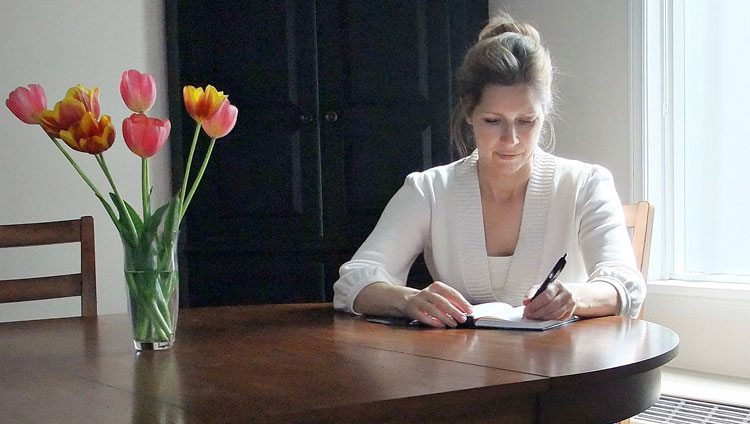
This page may contain links to Amazon.com or other sites from which I may receive commission on purchases you make after clicking on such links. Read my full Disclosure Policy
Jo Bennett, Life Coach, Professional Organizer, Blogger and Minimalist
People have been practicing simple living for centuries, but lately it’s becoming more mainstream, perhaps in reaction to the extreme materialism of the late 20th century.
Although my life is simpler than it used to be, I don’t consider myself a minimalist. However, it’s something that intrigues me, so I was thrilled to meet Jo Bennett of Solomojo Coaching at the POC Conference this fall. Jo is a certified life coach and POC Trained Professional Organizer who has been living a minimalist lifestyle for several years, and I’m happy to welcome her as a guest blogger.

In your organizing business, have you come across a client who wants to get rid of a lot of things and yet they are not downsizing their home? After purging, they want to establish systems for greatly reducing what new items come into their place? On a scale of responses to the thought of letting go, a client that has a strong desire to live with less may be a minimalist. Behind this vision are layers of reasons and instincts, depending on the individual.
In my blog, I define minimalism as ‘mental, emotional and physical decluttering’. The concept has two parts:  remove what are perceived to be barriers to a meaning-filled life and then consciously curate what to put back into the new found space.
A year after I started writing, I went back to school and became certified as a life coach. After a couple of years I noticed, during sessions with clients who reported feelings of being overwhelmed, that tangible obstacles would often come up, such as a messy home office. Now, a coach honours the client as the expert in his or her life and generally refrains from giving advice, yet I found myself fielding more and more questions about minimalism and  organizing. This led to my training and membership with Professional Organizers of Canada and, ultimately, to my adding a consulting component to my practice. I currently combine all aspects by accompanying clients as they ‘pare down and slow down,’ with the purpose of creating space and finding time to be more present in their lives.
Some of our clients may have more in common than an interest in tidying up their place. They may share a need for a deeper layer of relief.
I have informally surveyed many minimalists around the world about their lives and I have looked for commonalities. I generally hear three perspectives: many have experienced significant emotional distress at some point, others have very particular habits around coping with objects in their possession, while some consider themselves careful stewards of the environment and, as a result, are troubled by consumerism. In all cases, the decisive removal of things is usually calming, freeing and there is a sense of gaining control.
When meeting a client who may be embarking on some level of liberation for the first time, you may notice a definitive energy behind banishing items. There is almost a need to excise some kind of psychic weight. The tone of exasperation may resemble the frustration of your other clients, but the wannabe minimalist will likely be determined to clear out. As organizers, you recognize the mental and emotional connection clients have with their stuff. In the case of a minimalist, having fewer items makes it easier to not only save time and energy, but there is something liberating about resetting a space ‘to zero’ each night.
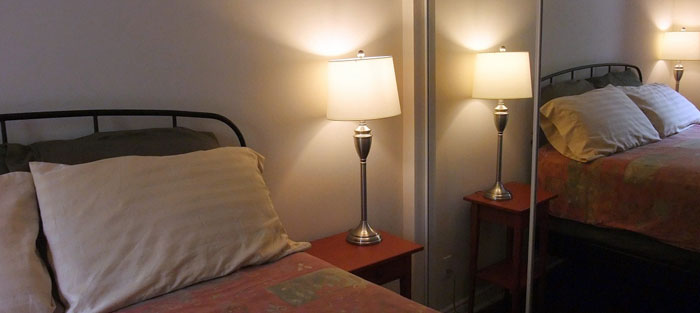
This also applies to settling the mind and the heart. There is satisfaction in knowing, at the end of the day, you have cleared a path to witnessing your truth so that you can get to what really matters. This can be as simple as creating a capsule wardrobe so decisions are easier in the morning, to more complex issues such as challenging the expectations of others, for the sake of doing what feels right. And minimalism is not meant to reduce so much that life is devoid of happiness. From enjoying a gorgeous and efficient tea set, to joining a friendly hiking group, new found space and time invites opportunities to welcome in beauty and joy.
Working with clients interested in minimalism need not shift your approach. As a professional, you already have a guideline for conduct, as well as honed instincts, that enable you to respond in a way that best serves your client, while protecting your own levels of comfort. Â For heavier conversations, it may not be your territory to coach or counsel, but, at least your listening allows buried feelings to come to the surface and gives your client permission to seek any support they need as they move forward.
Did you find this post helpful?
Share it with your network, and sign up to get new posts by email every week!






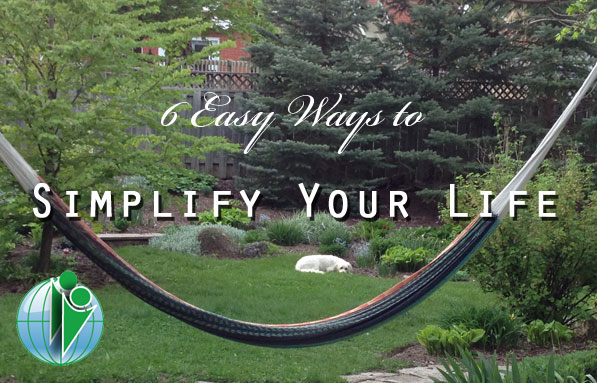
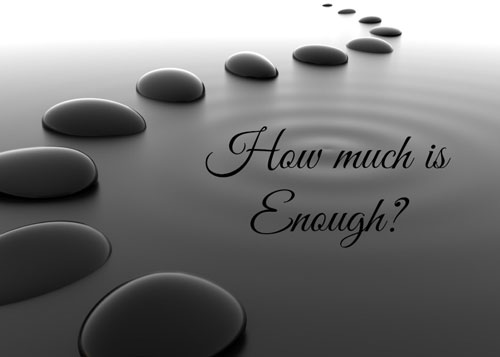

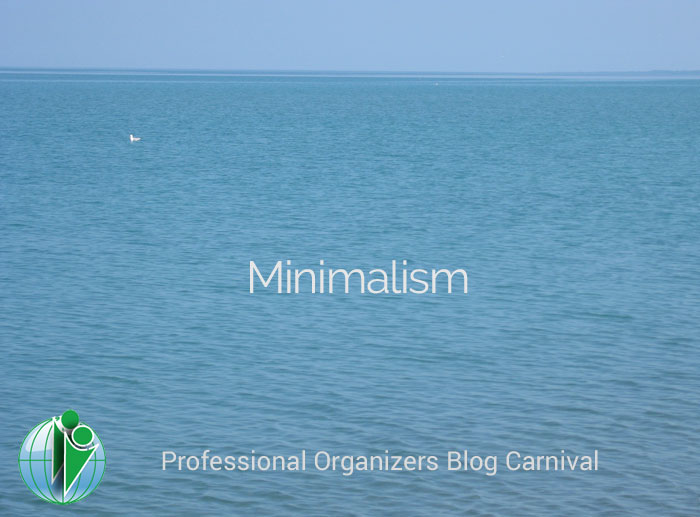
The longer I work in this profession, the more interested I become in the whole minimalism concept. I see great value in minimizing in some areas to provide the “space” for complexity in the areas we choose. So I may have a very simple bedroom but enjoy a gourmet kitchen. Few people have the time or space for complexity in every aspect of life.
That’s a very interesting observation, Seana, and it applies whether we’re taking about how we use our space or how we choose to spend our money.
Seana, exactly!
This is why coaching and organizing skills can be applied to just about every part of our lives.
Life can be so complicated that there are many layers to peel back and explore. With calm and clear space in one area, we can start to create an energy reserve to apply to the next. This can be done slowly and methodically over a comfortable period of time, developing mental and physical well being. This is particularly helpful when the complex out of our control moments happen (from a basement flood to a health crisis); we have the ability to cope with them.
Jo, thanks so much for sharing your insight on this topic, both through your article and your comment. Your passion is easy to see!